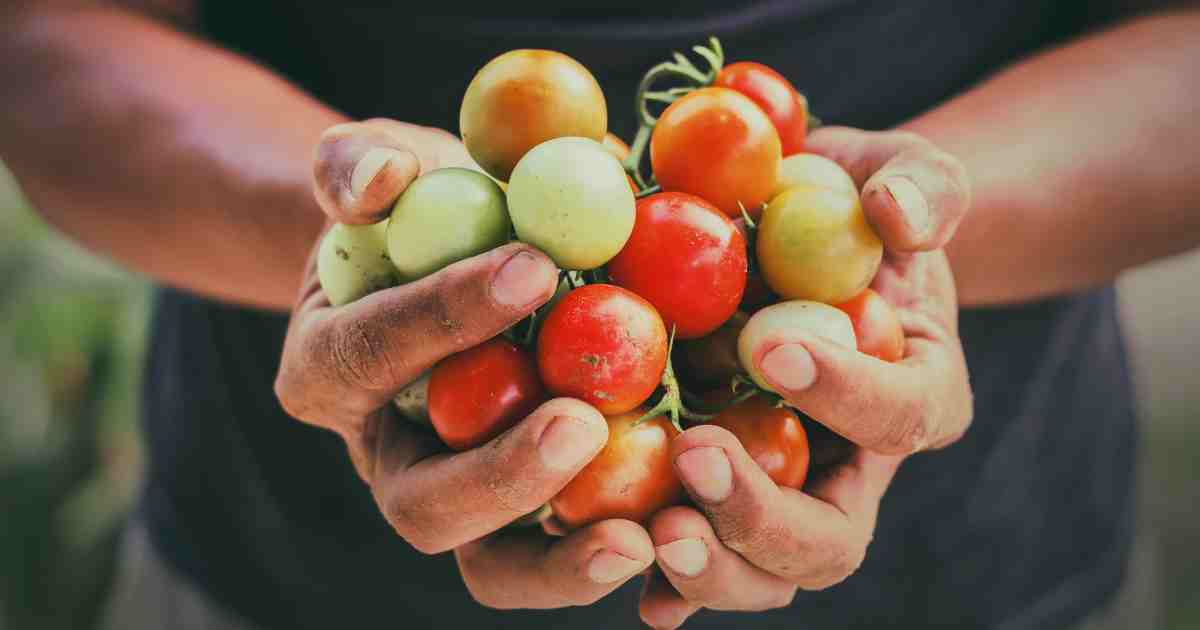Agricultural cooperatives in South Africa are key role players in giving farmers access to vital inputs. Although the word ‘cooperative’ refers to the business model, it has become synonymous with a place where farmers can source vital materials and equipment that make day-to-day business possible.
Cooperatives are a type of business model that places its members at the centre of its business. The enterprise is erected due to a common economic, social, and cultural needs. A community is created that aims at addressing the needs of customers, employees or users. The lack of shareholders means that any profit that is generated by the business is sowed back into the business.
A cooperative can be established in any industry, but in this article we will focus on the agricultural sector and the benefit of agricultural cooperatives in South Africa.
The Purpose of Agricultural Cooperatives in South Africa
In South Africa, the national and provincial governments promote cooperatives. Their motivation is due to this form of business being a viable way to involve informal economic actors in the formal economy.
Agricultural cooperatives focusses on producing, processing and or marketing agricultural supplies and services to its members. Farmers, especially small-scale and subsistence farmers benefit from these businesses because they are able to access better products and services usually reserved for larger groups.
Their purpose can be summed up as:
- To improve bargaining power through a number of members.
- To reduced purchasing costs through ‘buying bulk’.
- To obtain market access to a wider market by being able to supply larger quantities.
- To increase products or service quality.
- To obtain products or services that would not attract other private businesses.
List of Agricultural Cooperatives in South Africa and Their Services
South Africa has over 250 agricultural cooperatives. These cooperatives provide agricultural inputs to farmers such as seed, pesticide, fertiliser, feed, livestock medicine, equipment and machinery. Farmers can also obtain livestock through some of these institutions. Furthermore, cooperatives serve as a point where farmers can sell their produce or market their animals. Here are a few popular cooperatives:
ALZU Enterprises has different divisions, providing farmers access to feed, fuel and sought-after livestock genetics. There are brances available across mutliple provinces.
BKB has branches across the country and provide their communities with various products. This includes feed, medicine and fertilisers. They also have a Fibre Division for wool and mohair growers, livestock and auctioneering services that specialise in the marketing of livestock, properties and agricultural equipment, and grain storage and grit mill solutions. Furthermore, they also provide fuel and consumer goods to their clients.
Hinterland brings producers seed, fertiliser, pesticides, fungicide, animal care products, irrigation solutions, fuel and equipment. They also offer tools and building materials through their retail stores.
Dicla Farm and Seeds has a horticulture, machinery and training division. Through their training division, the cooperative addresses another need for their audience: Filling the skills and knowledge gap for individuals who want to flourish in the agricultural sector.
Obaro has 27 retail stores across South Africa as well as and online store. They pride themselves on offering farmes access to inputs such as fertiliser (manufactured in their own plant), crop care products, animal health products and feed. Additionally, the cooperative also provide farmers with connectivity solutions through their Infogro product.
Other cooperatives with mentioning is TWK, InteliGro (and InteliSeed), Kyncoh Fertilizer, Nulandis, VKB and Afgri.
Benefits of Working with a Cooperative
One of the biggest benefits of working through cooperatives is access to larger markets. This addresses the major concern regarding losses that many farmers experience. This includes the destruction of agricultural products due to it not being able to reach consumers, for example, spoiled fruits and vegetables that need to be discarded.
However, by working through cooperatives, reaching the right market is much easier. According to the Department of Agriculture, Forestry and Fisheries, farmers have acces to formal markets or local traders thanks to cooperatives. Some are even selling directly to formal retail chains. Furthermore, cooperatives also sell to the National Fresh Produce Markets, as well as various hospitals and schools.
Farmers benefit immensely from using agricultural cooperatives in South Africa. These enterprises assist them with obtaining inputs at prices that would not be otherwise available to them. Futhermore, farmers are also able to access markets and sell their products, ultimately participating in the formal economy to a higher degree.
If you are considering starting your own cooperative, take a look at our guide to cooperatives in South Africa.




















Discussion about this post